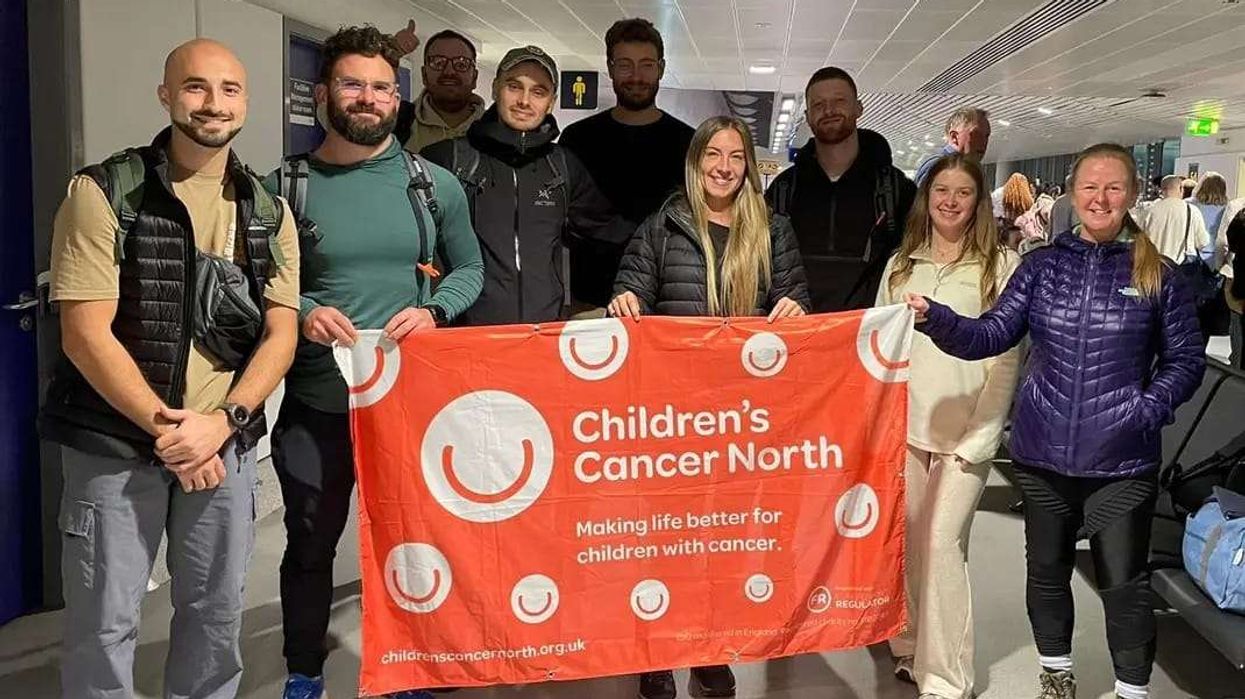SUMRIT SHAHI ON HIS WRITING JOURNEY AND TURNING HIS BOOK INTO A SERIAL
by ASJAD NAZIR
WRITERS are often unsung heroes in India despite being the creative driving forces behind films, television serials and books.
One of the country’s best kept-secrets, talented novelist and screenwriter Sumrit Shahi has been receiving acclaim for his writing since he released his first novel as a 17-year-old. Since then, he has delivered further novels and written for a number of hit TV serials that have pulled in millions of viewers. His hit novel Never Kiss Your Best Friend was recently turned into an audience delighting 10-part drama serial shot in London, and he was fully involved. With three novels, TV serials and web series behind him, the most remarkable aspect is that the prolific Indian writer is still only 26.
Eastern Eye caught up with Sumrit Shahi to talk about his remarkable journey and new serial.
What first connected you to writing?
My mother tells me I was an elaborate liar. I would cook up imaginative stories for the simplest of things. I think it was the vivid imagination coupled with the love for reading that I caught on early in life, which connected me to writing.
Which of your writing projects has given you the greatest joy?
Many people know that I was 17 when I published my first novel. What they don’t know is that I was kicked out of boarding school the same year for whatever reasons and wrote my first novel because I sat at home without a school, with judgmental Punjabi relatives consoling my mother for the son’s doomed future. In that sense, writing my novel Just Friends gave me the greatest joy, purely because it helped me find purpose again. It just made me believe in the fact that it’s okay to make mistakes, till you learn from them.
How does writing a novel compare to screenwriting for television?
When you’re writing a novel, you’re literally God. You create the world, story, characters and universe. There’s a sense of unabashed freedom. The high is different. The process is individualistic, whereas screenwriting for TV is very different. Firstly, it’s a mass consumption medium so you have to be careful with collective sensibilities. Also, there are market forces involved such as ratings, location limitations and time crunches. They are two different worlds. And both have a purpose. I am happy jumping from one to another.
What is the greatest challenge of writing for web and TV series?
The greatest challenge in writing for web and TV is that it’s very easy and tempting to follow the herd mentality, simply for numbers and to create content that is safe. The idea is to constantly strive to stay true to your gut. Also, make content that starts dialogue, shapes opinions and engages people beyond entertainment. (Laughs) My sermon is over! Amen.
Where do you get your inspirations?
Everywhere. A writer can’t function without observation. Be it a coffee shop, smoking lounge in a club or a busy marketplace like Oxford Street, I am the creepy guy lurking in the background, overhearing conversations, observing and making mental notes. But then again, a man has got to do his job.
How do you feel about your novel Never Kiss Your Best Friend being turned into a webs series?
I haven’t started a family yet, but this is the most paternal I’ve ever felt. It’s like my own baby is going to college. And it’s such an overwhelming feeling for me.
How much input have you put into the web series?
I was very particular that whenever any of my books get auctioned for any visual medium, I will have complete creative control over them. With Never Kiss Your Best Friend, I’ve written the screenplay and dialogues, along with my co-writer Durjoy, and have been attached with the project since its inception. I was in London throughout the shoot and have been involved with the edits and music as well.
How does it compare to the novel?
I’m helicopter parenting this child because it’s just so close to my heart. So, even if there are any changes from the novel, which there are, such as the setting being London or minor character traits, they have all been written by me. (Laughs) Okay, now I sound psychotic, so I should stop.
What are your other projects?
The year has started on a high. I’m doing three more web series for Alt Balaji. There is a movie I’ve signed with a studio as well, and hopefully, I should be able to announce it soon. The next book also needs to finish before my publisher sues me.
Who is your own writing hero?
That is an interesting question. If by a hero you mean any writer that I look up to, then honestly, I admire a lot of writers for their works, but do I consider them heroes? Not sure. JK Rowling, I would give it to her for her conviction. A writer is nothing without it.
Why do you love being a writer?
Simply, because I got to use my childhood habit of cooking up stories to actually fund my adult activities. On a serious note, I really enjoy the process of creating stories, which in turn (hopefully) engage, entertain and perhaps make people form an opinion. And in the dark times that we live in, connections and engagement between humans is all that we need.











